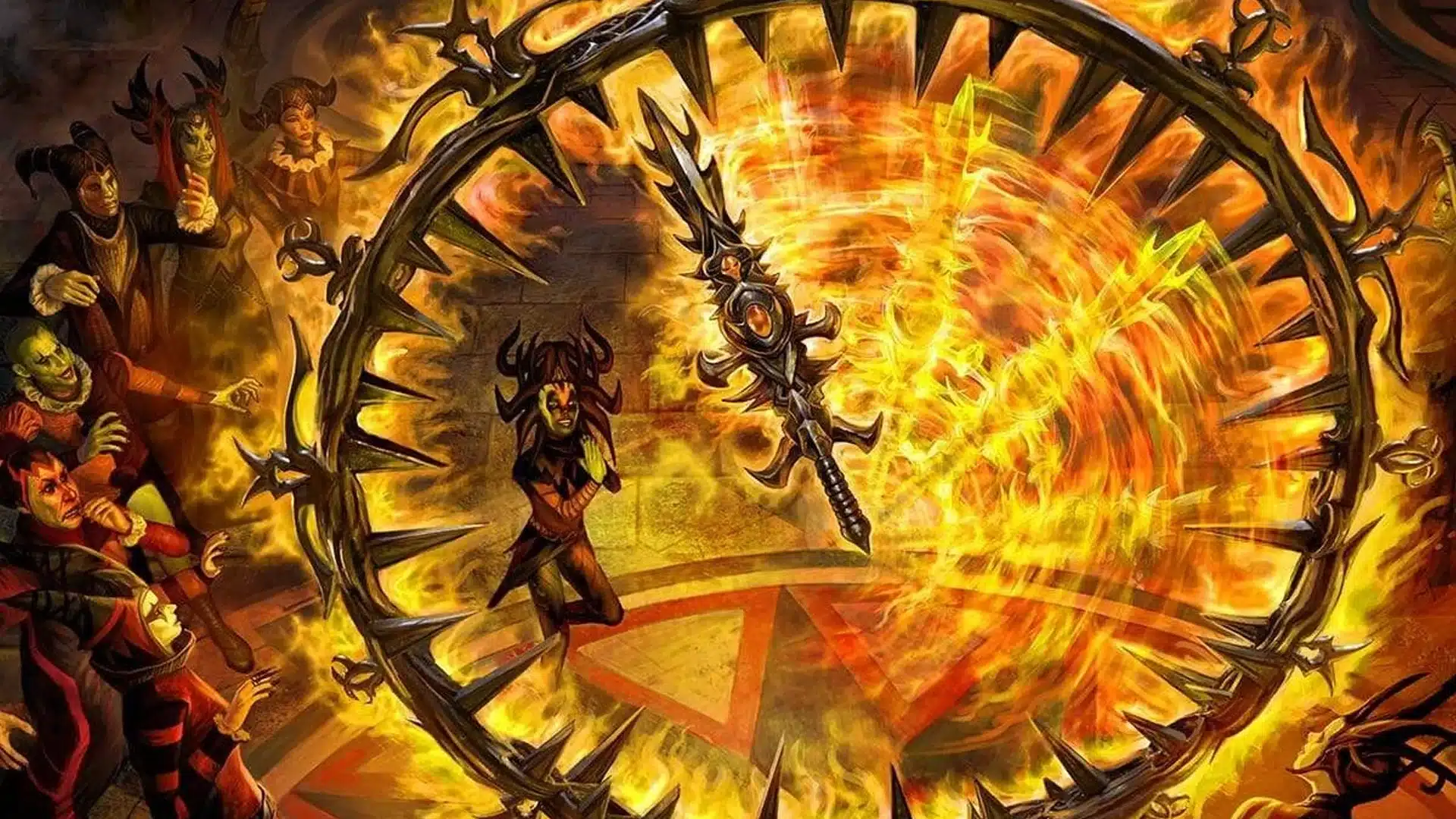Magic: The Gathering Arena (MTG Arena) brought the classic collectible card game to a massive audience online. Players collect virtual MTG cards, craft clever decks, and battle each other in a war of brains. Its popularity has generated comparisons with other virtual platforms that deliver random virtual items as well.
By contrast, online casinos have games that are more dependent on chance. Online casinos tend to utilize offers such as a Golden Nugget promo code to encourage users to visit many different slot machines and table games where randomness is highest. Although both MTG Arena, in which booster packs of MTG cards are spent, and such casino sites both entail digital interfaces and randomness, their core game mechanics are quite different.
This analysis will look to the surface similarities and major differences between them. The intention is to clarify common misconceptions and gain a clear picture of what distinguishes a skill-based strategy game from one of chance.
What Is MTG Arena?
MTG Arena is the internet-based version of the globally renowned trading card game Magic: The Gathering. At its core, the game is one of complex strategy and strategic decision-making. Players become characters of powerful wizards, or Planeswalkers, who battle each other with spells, creatures, and artifacts conjured to combat by their collection of MTG cards.
The victory of the game is not coincidental. Rather, it depends on a player’s skill to construct a rational deck of thousands of pieces of MTG cards, anticipate an opponent’s actions, and manage resources suitably in a game. The game is complex, with a large number of interactions and choices favoring research and training.
The game’s monetization system is built around microtransactions. Real money can be spent to purchase in-game currency, which then can be used to purchase digital booster packs containing a random set of MTG cards. As it appears, the goal is to build more diverse and powerful decks by expanding the collection, not to risk money on the results of a particular game.
What Are Online Casinos?
Internet casinos are online platforms that offer computer versions of games one normally plays in real casinos. The games include slot machines, blackjack, roulette, and poker. In contrast to strategy games, the elementary process of most casino games is gambling where actual money is risked on an event that is largely dependent on chance.
While games like poker involve some skill, most casino games are based on random number generators (RNGs), which ensure the randomness of outcomes. The largest motivation for players is often the thrill of risk and potential financial reward.
To achieve this, most online casinos have incorporated social aspects, such as chat and leaderboards, into the game to enhance its sociality. These are designed to mimic the live casino experience, where entertainment and interaction accompany actual gaming action.
MTG Arena vs. Online Casinos
At face value, both online casinos and MTG Arena have some things in common. Both are computer-mediated environments for adult consumers with social and competitive play capabilities. They both have clean-looking user interfaces with rich audio-visual feedback to maintain play interest.
The most pervasive similarity of the two is that they both use randomized rewards, better known as “loot boxes” or, in the case of MTG Arena, “booster packs.” On both platforms, users shell out cash (earned in-game or purchased) to potentially get a random pack of virtual items. The design can create the same degree of suspense and thrill. Both designs, therefore, thrive on microtransactions as a major source of revenue.
Finally, all action is a combination of chance and decision. Random draws of MTG cards from a randomly shuffled pack in MTG Arena are based on chance, and in casino games of chance like blackjack, the decisions of the players matter, within a set of probabilities.
Despite these surface-level similarities, the underlying differences between MTG Arena and online casinos are vast and deep. Undoubtedly, they’re worth exploring to grasp the essence of each site. The underlying motivation behind each venture keeps them separate.
Skill over luck is the largest distinction. MTG Arena is a game of skill by its nature. Yes, the randomness of card dealing does put some degree of luck into the game, but a more astute strategy and superior deck from an experienced player will beat one less experienced in the long run. Casino games, however, are mostly a matter of chance, and strategy has no part at all in the end result. The player’s success is mostly based on chance.
Given their numerous differences in roots, the regulatory and ethical contexts surrounding them differ significantly. Online gambling is a legalized form of gambling due to the money risk involved, whereas MTG Arena is legalized based on the video game community.
Why the Comparison Matters
It’s worth knowing the distinction between a game such as MTG Arena and internet gambling sites. It dispels the myth that any video game that has random buys is gambling. Although the “loot box” business model has been controversial, it is operationally different from gambling.
This is also a reflection of trends in monetizing the digital. The prevalence of the microtransaction paradigm for game developers is evidence of how developers are monetizing ongoing development without a subscription paradigm. It is a paradigm that crosses the digital spectrum, from strategy games to social apps.
Finally, the psychological correspondences are telling. Both games use reward schedules and intermittent rewards to maintain interest on the part of the players. But rewards like these (new cards) in MTG Arena are containers for more strategic expression, while in a casino, rewards are financial and probabilistic in nature rather than a build-up of skills.
altogether, despite the fact that MTG Arena as well as online casinos are virtual platforms and share the same monetization approaches like microtransactions as well as randomized packs, they are actually diverse experiences. They serve entirely distinct purposes as well as are founded on antithetical principles.
Stick with us at mtgrocks.com: the best place for Magic: The Gathering coverage!

